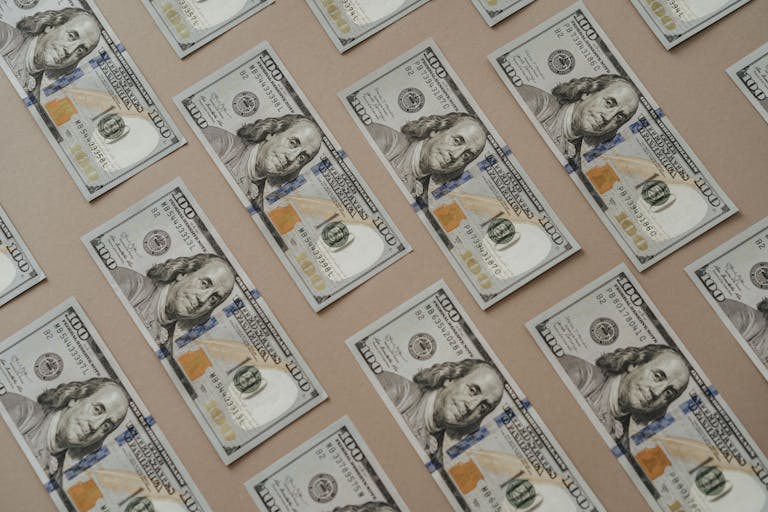Influencers Are the New Gods and We Built the Religion Ourselves
Aria Wilde
Mockitor of Fashionable Disgust
Style & Identity Correspondent
The influencer class has become our modern clergy, they blessing products, cursing restaurants, and performing miracles like turning vanity into income.

We used to worship quietly. Now we do it with notifications on.
Influencers have become the new gods, omnipresent, algorithmically divine, and perpetually one post away from crucifixion. We built this religion ourselves, one like at a time, and now we tithe in engagement.
They don’t walk on water, but they do monetize it.
Each post is a sermon; each “link in bio” a sacrament. Their disciples follow daily rituals, morning skincare routines, motivational reels, and public acts of self-discovery filmed from flattering angles.
Like the gods of old, influencers can bless or destroy with a single gesture. A positive mention can save a business. A bad review can wipe it from Google faster than a hurricane named after a wine mom.
One café owner in Los Angeles recalls being condemned for “not offering free pastries to someone with a ring light.” The influencer’s review was scathing: “They don’t respect creators.” Translation: They charged me money.
It’s the same divine pattern everywhere: influencer visits, influencer complains, followers descend like zealots in the comments, and somewhere, a local business quietly files for bankruptcy while updating their Wi-Fi password.
This new priesthood thrives on entitlement cloaked as empowerment. If a brand doesn’t gift them, they’re “ignored.” If a waiter doesn’t comp their meal, it’s “a missed collaboration opportunity.”
And yet, they command reverence. We repost their wisdom, mimic their speech, even decorate our lives like their feeds. The illusion is seamless: you too can ascend, if you buy their merch, follow their journey, and believe hard enough in yourself (and capitalism).
But faith has its consequences. We’ve given influencers the power to shape culture, cancel careers, and define morality in pastel captions. They’ve replaced nuance with algorithms, journalism with “authenticity,” and community with comment sections that read like holy wars.
Still, we keep watching. Because deep down, every follower dreams of the same miracle, being chosen by the algorithm, touched by engagement, and saved by the light of a sponsored post.
At press time, one influencer announced a digital “repentance arc” after faking a breakup for views, saying, “I’m learning to be real again.” Her followers replied with hearts, prayers, and 30% off codes.












